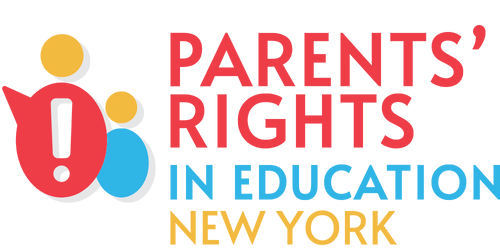New York Education Faces Scrutiny Over Parental Rights and Curriculum Transparency

New York, NY – The ongoing debate surrounding parental rights and transparency in education has been reignited in New York, drawing criticism from prominent education figures like Dale Chu. A recent tweet from Chu highlighted concerns about "obfuscating the facts" and a "palpable contempt for parents" within the state's education system. This sentiment reflects a broader national discussion on the extent of parental involvement in school curricula and student affairs.
The core of the issue in New York often revolves around access to curriculum materials and parental notification regarding sensitive topics, including gender identity. While New York State Education Law §2-d outlines provisions for data privacy and a parent's bill of rights concerning student data, it primarily focuses on personally identifiable information (PII) and cybersecurity, rather than direct curriculum transparency or notification on social-emotional learning or identity-related discussions. This law requires school districts to have a data security and privacy policy and provides parents the right to inspect student education records.
However, recent legislative efforts, such as the proposed "Educational Rights Transparency for New York Families Act" (A7808) and the "New York state curriculum transparency and parental notification act" (A7835), indicate a push for more explicit mandates. These bills, currently under consideration, aim to establish clearer standards for parental access to educational materials and require schools to report on resource-related educational rights. Critics argue that the absence of comprehensive laws on curriculum transparency allows schools to operate without sufficient parental oversight.
Conversely, some educational stakeholders express concerns that overly prescriptive transparency laws could hinder educators' professional autonomy and create an environment of distrust. They argue that teachers are best equipped to deliver age-appropriate content and that constant parental vetting of every lesson plan could be impractical and burdensome. The tension highlights the challenge of balancing parental desire for involvement with the professional judgment of educators and the need to create inclusive learning environments.
The debate in New York mirrors similar discussions across the United States, where parental rights in education have become a significant political and social issue. Groups advocating for increased parental control often cite instances where they believe schools have withheld information or promoted ideologies without parental consent. As these legislative efforts continue, the outcomes will significantly shape the future of parental engagement and curriculum oversight in New York's public schools.